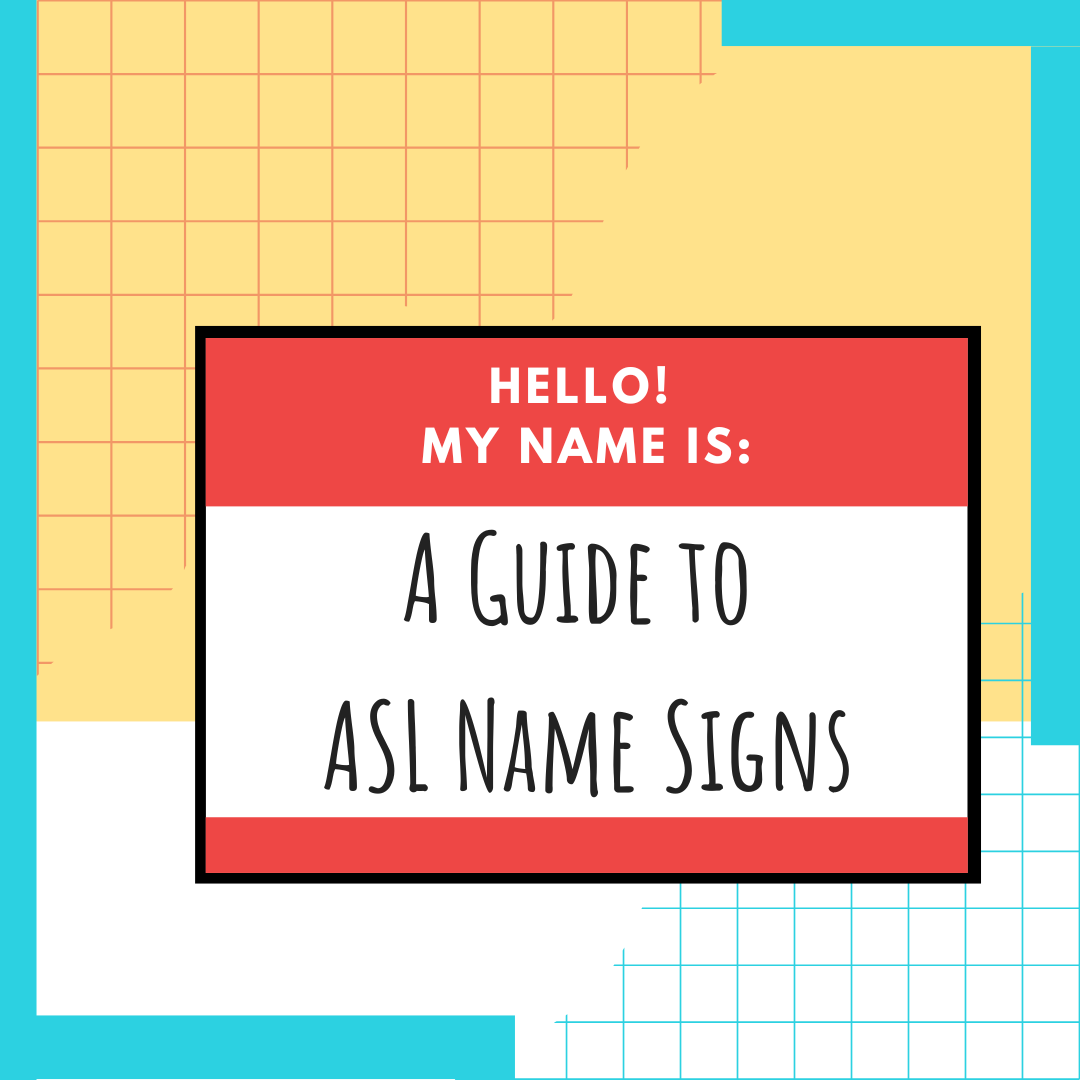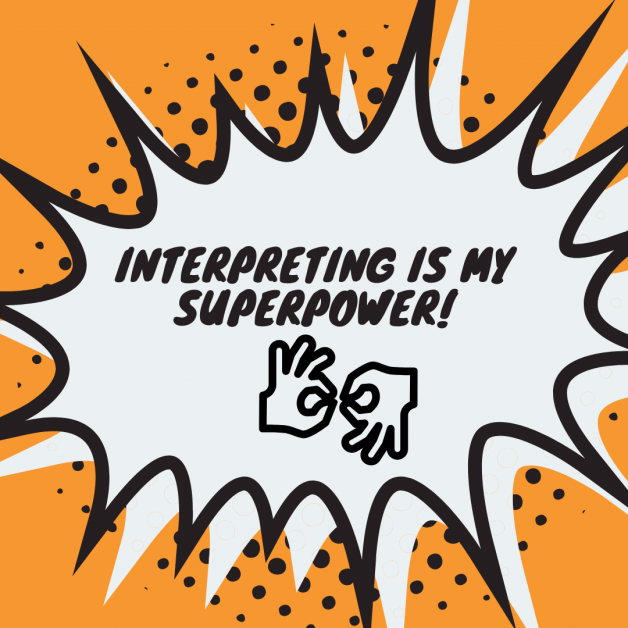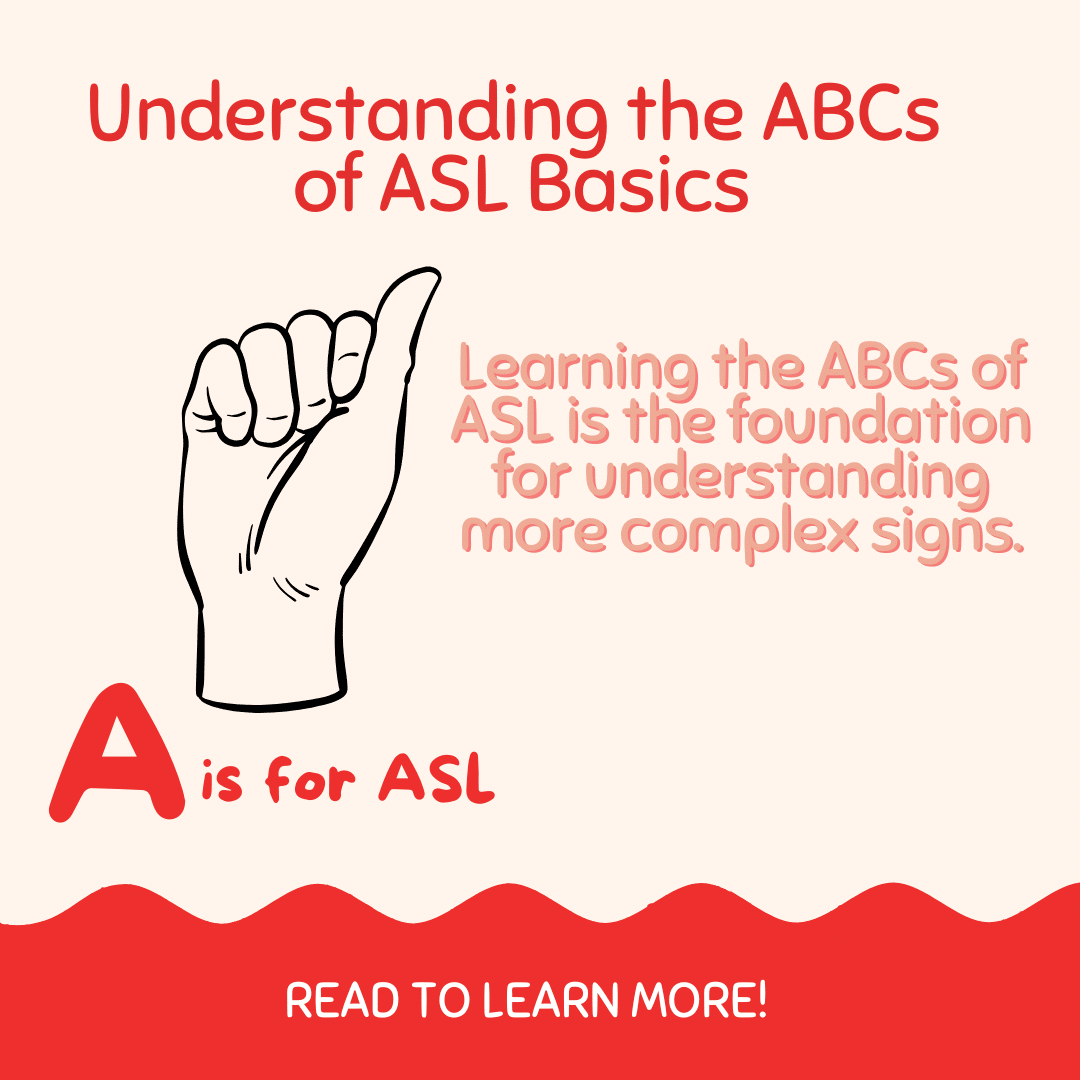
Interpreters: The Unsung Heroes of Access
- by Start ASL

Each year, on the first Wednesday of May, a special observance takes place that many people may not even be aware of: Interpreter Appreciation Day. While not as widely recognized as holidays like Teachers’ Day or Nurses Week, this day plays a crucial role in shining a spotlight on professionals whose work ensures communication is not a privilege, but a universal right.
From hospitals and courts to international summits and classrooms, interpreters serve as the vital human bridge across languages, cultures, and experiences. Interpreter Appreciation Day provides an opportunity to celebrate these essential workers, reflect on their contributions, and advocate for better recognition, working conditions, and respect for the profession.
The Unsung Heroes of Communication
Interpreters do not simply translate words—they convey meaning, emotion, and context. They navigate cultural nuances, dialects, idioms, and sometimes even untranslatable concepts. Their work is often invisible, yet their impact is immense. Whether working with spoken language or sign language, interpreters ensure that people understand one another in real time, especially in high-stakes settings.
In healthcare, they help patients understand diagnoses and treatments. In legal systems, they make sure that defendants, plaintiffs, and witnesses can exercise their rights fully. In conferences and diplomacy, they enable global collaboration. In education, they support equitable learning for deaf or limited English proficient students. Without interpreters, millions of people would be left out of critical conversations.
A Brief History of Interpreter Appreciation Day
While interpreting as a profession dates back centuries—think of ancient diplomats or military envoys—the formal recognition of interpreters has been slower to develop. The idea of Interpreter Appreciation Day emerged from within the interpreting community itself, as a grassroots effort to bring visibility and gratitude to a profession often taken for granted.
Interpreter Appreciation Day is commonly observed on the first Wednesday of May, coinciding with Teacher Appreciation Week in the United States. Though not a federal holiday, many interpreting organizations, schools, agencies, and clients use this day to show appreciation through thank-you notes, events, gifts, or public acknowledgments.
Organizations like the Registry of Interpreters for the Deaf (RID), International Association of Conference Interpreters (AIIC), and various state-level interpreter networks use the day to spotlight the role interpreters play and to promote awareness around the professional standards and challenges interpreters face.
The Different Faces of Interpreting
Interpreters are as diverse as the communities they serve. While many people think of interpreters as working in formal settings like the United Nations or courtrooms, the reality is far more complex and varied. Below are just a few examples of interpreting specializations:
1. Medical Interpreters
Medical interpreters are indispensable in hospitals, clinics, and mental health centers. They ensure patients who speak limited English or use sign language understand their conditions and treatment options. Their accuracy can be a matter of life and death.
2. Legal and Court Interpreters
Court interpreters must adhere to strict standards of impartiality and accuracy. They interpret testimony, depositions, and legal proceedings, ensuring due process and access to justice for non-English speakers and the deaf community.
3. Community Interpreters
These interpreters work in schools, social services, housing, and public meetings. They help individuals interact with public institutions and advocate for themselves in their communities.
4. Conference Interpreters
Often working at the highest levels of diplomacy or corporate affairs, these interpreters may use simultaneous interpreting (speaking while listening) or consecutive interpreting (speaking after the original message). They help global conversations happen in real time.
5. Sign Language Interpreters
Fluent in languages such as American Sign Language (ASL), British Sign Language (BSL), or International Sign, these interpreters serve the deaf and hard-of-hearing communities. They are often highly visible in press briefings, classrooms, and televised events.
The Skills Behind the Craft
Interpreting is a cognitively demanding task. It requires:
- Fluency in at least two languages, including grammar, slang, and cultural nuance.
- Excellent memory and listening skills, especially for consecutive interpretation.
- Split attention and multitasking, particularly for simultaneous interpretation.
- Cultural competency, ensuring that tone, body language, and intent are preserved.
- Emotional intelligence, especially in settings involving trauma or sensitive topics.
- Ethical judgment, including neutrality, confidentiality, and professionalism.
These skills are honed through rigorous training, certifications, and years of experience. Yet despite the complexity of the work, interpreters often face challenges such as underpayment, lack of recognition, burnout, and inconsistent standards across regions and industries.
Challenges Faced by Interpreters
Interpreter Appreciation Day is not just a time for celebration—it is also a moment for advocacy. Many interpreters work freelance, without benefits or job security. Even within institutions, interpreters may be the last to receive recognition despite being critical to operations.
Common challenges include:
- Low pay and lack of benefits, especially in community interpreting.
- Poor working conditions, including long hours and insufficient breaks.
- Lack of access to training and certification, particularly for indigenous or less common languages.
- Emotional toll, especially in medical, legal, and crisis settings.
- Misunderstanding of their role, where interpreters are mistaken for advocates or translators.
Interpreter Appreciation Day serves as a platform to push for better compensation, clear role definitions, and more support systems for interpreters.
How to Celebrate Interpreter Appreciation Day
Whether you’re a client, a colleague, or someone who has benefited from interpreting services, there are many ways to acknowledge interpreters on this day:
1. Say Thank You
A simple, heartfelt thank-you goes a long way. Whether in person, via email, or social media, acknowledging an interpreter’s effort can make their day.
2. Educate Others
Use the day to spread awareness about what interpreters do and why they matter. Share articles, videos, or facts about interpreting on your platforms.
3. Support Fair Practices
Advocate for fair wages, working conditions, and professional development for interpreters in your workplace or community.
4. Host an Appreciation Event
Agencies and organizations can host breakfasts, panels, or recognition ceremonies to honor the interpreters they work with.
5. Listen to Interpreters
Use the day as an opportunity to hear from interpreters themselves. What challenges do they face? What support do they need? How can we uplift their voices year-round?
A Lasting Impact
Interpreter Appreciation Day may only come once a year, but its message is timeless: communication is a human right, and interpreters are the stewards of that right. They don’t just translate words—they translate lives, dreams, and justice. They make the world more accessible, compassionate, and inclusive.
As our societies become more global and multicultural, the role of interpreters will only grow in importance. By honoring them on this day, we help ensure that their voices—and the voices they interpret—are heard loud and clear.
In a world that often takes understanding for granted, interpreters work behind the scenes to make it possible. Interpreter Appreciation Day is more than a thank-you—it’s a call to respect, support, and elevate a profession that connects us all.
So next time you attend a multilingual event, visit a hospital with a friend who needs interpreting, or watch a sign language interpreter during a live broadcast, take a moment to appreciate the skill, heart, and dedication that goes into every word conveyed.
Let’s honor them—not just on the first Wednesday in May—but every time we understand one another across boundaries.
If you are ready to start your ASL journey, check out all of our course options: https://www.startasl.com/learn-american-sign-language/
Start Learning ASL Today!
 Ready to start learning real American Sign Language and not just basic signs? Do you want to be a part of the vibrant Deaf community? Check out our Free ASL 1 Course or our Complete 4-Level ASL Course options and start learning ASL today!
Ready to start learning real American Sign Language and not just basic signs? Do you want to be a part of the vibrant Deaf community? Check out our Free ASL 1 Course or our Complete 4-Level ASL Course options and start learning ASL today!








